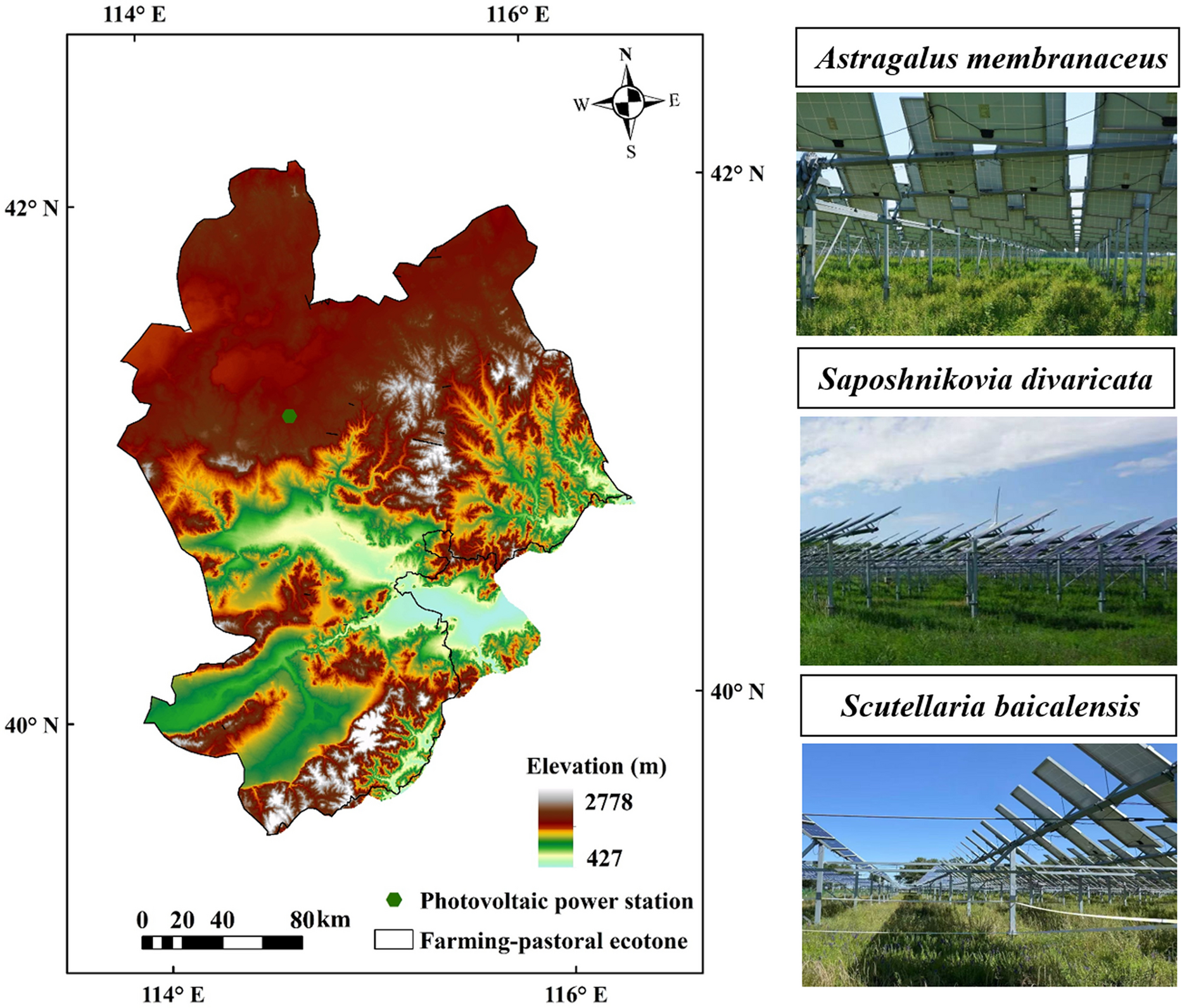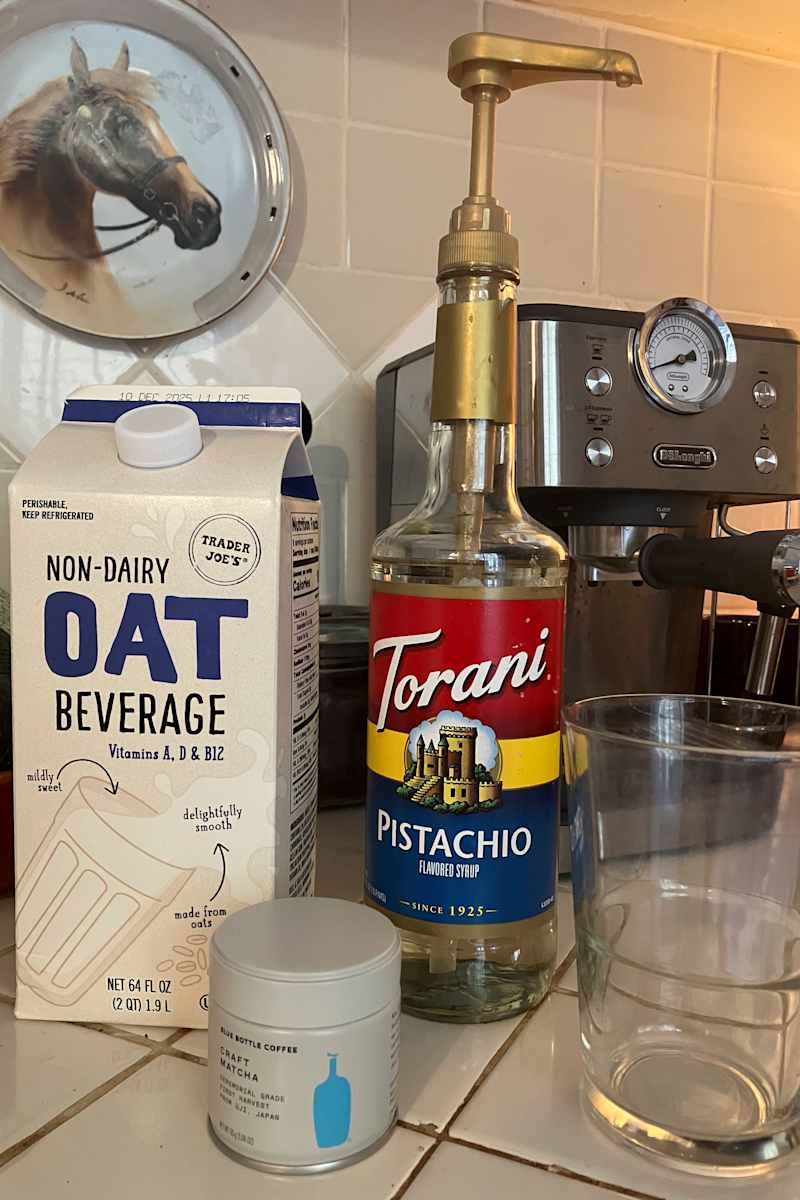Summary
You Can Officially Stop Stressing About Your Protein Intake. An Expert Explains Why.
Source: cnet

AI News Q&A (Free Content)
Q1: What are the essential amino acids that humans must obtain from their diet?
A1: Humans require nine essential amino acids that must be obtained through their diet: phenylalanine, valine, threonine, tryptophan, methionine, leucine, isoleucine, lysine, and histidine. These amino acids are crucial for preventing protein-energy malnutrition, as they cannot be biosynthesized by the body.
Q2: How does increasing plant-based protein intake impact cardiovascular health?
A2: Increasing the proportion of plant-based protein in one's diet has been shown to reduce the risk of cardiovascular disease (CVD) and coronary artery disease. This is largely due to replacing red and processed meats with plant proteins, which improves cardiometabolic risk factors such as blood lipids and blood pressure.
Q3: What role does protein intake play in the growth of children under two years old?
A3: Protein intake has a significant and positive effect on the height and weight growth of children between 6 and 24 months. Studies indicate that increasing protein-rich food intake during this period can have important growth effects, which are linked to various outcomes over the life cycle.
Q4: What are the potential health risks associated with excessive protein intake?
A4: Excessive protein intake can lead to protein toxicity, characterized by the buildup of metabolic waste compounds such as urea, uric acid, ammonia, and creatinine. This condition can result in symptoms like vomiting and loss of appetite, and if untreated, it may cause severe complications like seizures, encephalopathy, and further kidney damage.
Q5: How can plant-based proteins contribute to reducing cancer risk?
A5: Plant-based proteins may help reduce cancer risk by lowering metabolic risk factors and improving overall dietary quality. Studies suggest that incorporating more plant proteins into the diet can reduce the risk of diseases like colorectal cancer by influencing gene-environment interactions and lifestyle factors.
Q6: What is the significance of the plant-to-animal protein ratio in diet?
A6: The ratio of plant-to-animal protein in the diet is significant for heart health. A higher plant-to-animal protein ratio is associated with a reduced risk of cardiovascular diseases. The optimal benefits are observed when plant protein intake reaches at least half of the animal protein intake.
Q7: What are the benefits of replacing animal protein with plant protein?
A7: Replacing animal protein with plant protein offers several health benefits, including improved heart health, reduced inflammation, and better blood lipid profiles. Plant proteins, often rich in fiber, antioxidants, and healthy fats, contribute to these benefits by lowering the risk of chronic diseases like cardiovascular diseases and certain types of cancer.
References:
- Protein (nutrient) - https://en.wikipedia.org/wiki/Protein_(nutrient)
- Early life height and weight production functions with endogenous energy and protein inputs - arxiv.org
- Boosting share of protein from plants in diet may lower heart disease risk - https://www.health.harvard.edu/heart-health/boosting-share-of-protein-from-plants-in-diet-may-lower-heart-disease-risk
- Increasing plant-based protein intake reduces the risk of cardiovascular disease - https://observatoireprevention.org/en/2025/01/30/increasing-plant-based-protein-intake-reduces-the-risk-of-cardiovascular-disease/
- Higher ratio of plant protein to animal protein may improve heart health - https://hsph.harvard.edu/news/higher-ratio-of-plant-protein-to-animal-protein-may-improve-heart-health/
- Another area of interest for examining benefits of increasing plant protein intake in place of animal protein is in cancer risk reduction - pmc.ncbi.nlm.nih.gov/articles/PMC7760812/





